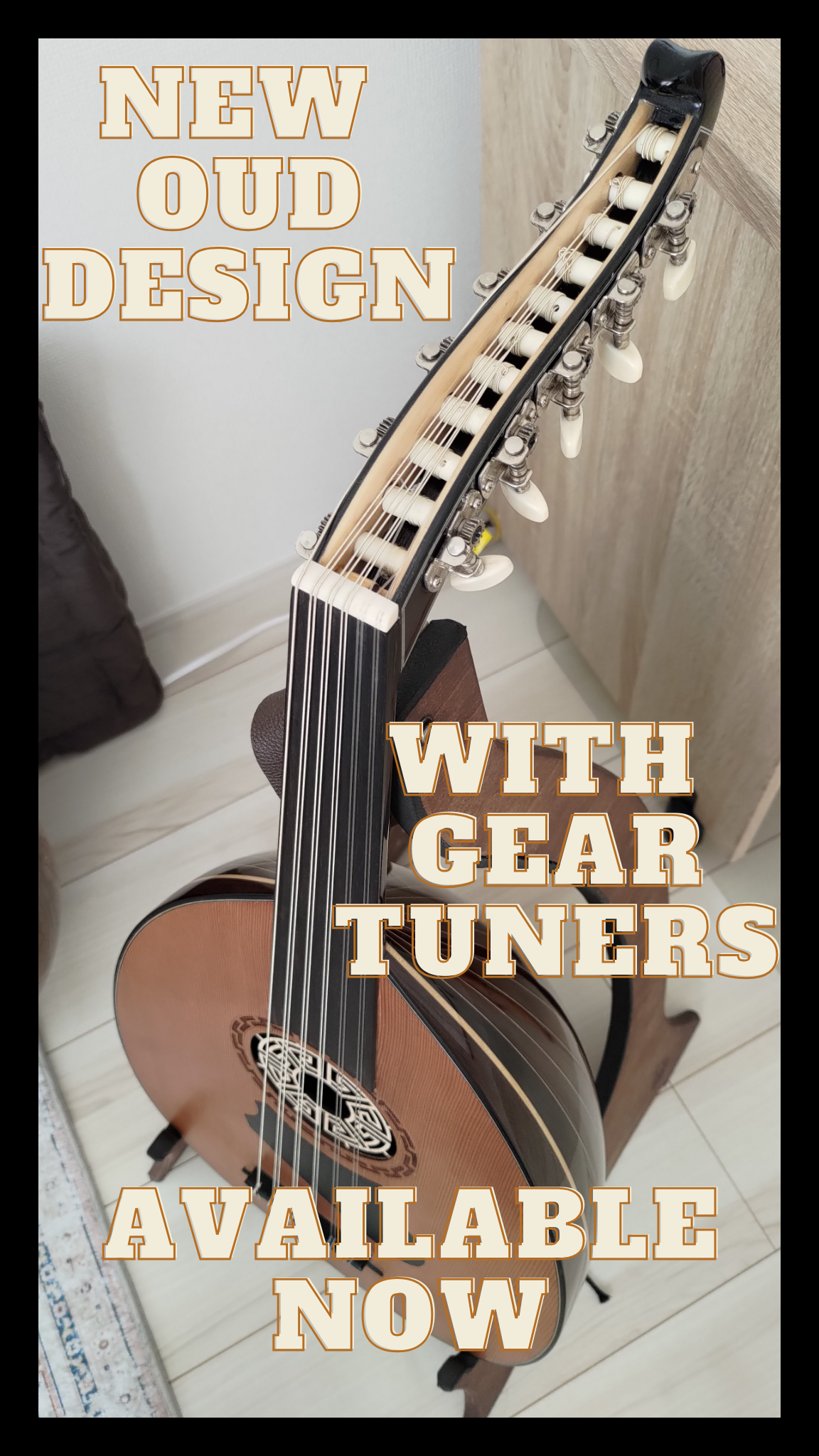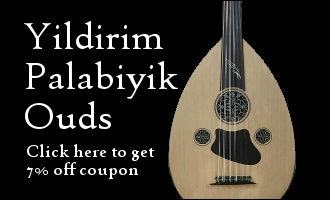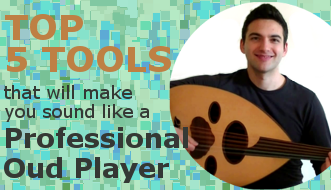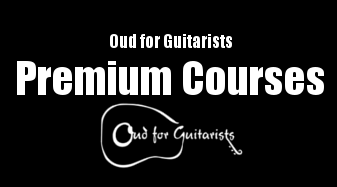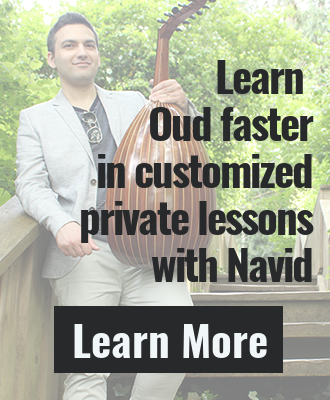In the last few posts, we’ve talked about some of the big mistakes I’ve made trying to learn maqams.
The 3 mistakes were:
-
Taking theory books too seriously
-
Thinking that maqams are scales
-
Trying to do it all by myself
Most people believe they need to know a lot of theory and a lot of details in order for maqams to flow through you musically, and authentically. Instead, I’ve discovered that there is a more raw, organic, natural, and MORE HUMAN way of learning maqams that is more effective than any amount of theory or rational knowledge.
I was eleven when I started learning Persian Santoor.
Back then, I didn’t know the difference between scales. My teacher would play one scale for me, and then play a different one, and I couldn’t really tell what the difference was.
It just wasn’t part of my intellectual awareness at the time.
I remember that time like it was yesterday, but it’s so strange to imagine now!
At some point during my teen years… this started to change.
When I was in my teens learning music, I started to associate different feelings with different pieces of music some made me feel melancholic, some made me sense joy and energy.
After a while, these associations started to become part of me.
I learned a simple technique that changed the way I hear scales forever.
Because of this simple technique, I was able to start doing a few amazing new things.
-
I could figure out how to play my favourite songs on the radio just by hearing them a few times.
-
I was able to start creating my own melodies on the instruments I played.
-
I started to have more fun playing music than ever before.
Using Your VOICE is the Key
A major shift in my consciousness occurred when I was in my teens and started to sing my favourite songs I heard on the radio.
Around the same time, I was forced to learn how to tune my instrument.
That’s when I really understood what an ‘interval’ is. It’s the distance between one note to another.
The awareness of different scales occurs when you start to learn how to tune your instrument, and when you start to sing melodies that you hear on the radio that get stuck in your head.
Your voice is your secret weapon in your quest to learn and retain maqams.
When you use your voice, your body can feel the difference between one note to another note, and the idea of ‘interval’ is imprinted in your mind.
Each maqam conveys a different feeling and a different vibe, and you can train your ears to tell the difference between them when you listen and sing.
So how do you get started?
-
Start listening
-
Start singing
-
Play what you can sing
Find a record of one of your favourite songs. Let’s say, Lamma Badda. Turn it up and sing along. You don’t have to sing the words, just the melody.
Now, turn off the music. Use your voice, and sing part of the melody. Repeat until that melody is really in your head.
Then, find the note you started on with your Oud. Then find the second, and the third. Keep going until you have picked out the notes to the melody that was in your head.
But there’s a flip side to this.
This is going to take some practice and dedication. That means TIME.
Your going to have to keep listening to the same melody over and over until you get it. This can be really frustrating and monotonous.
Sometimes the note you hear on a recording doesn’t match up conveniently with your Oud. This makes it really hard to get anywhere at all. You’ll end up spending more time tuning your Oud than actually practising.
So I’ve made the process a easier for you.
It’s called Ear Training.
And I have a free Ear Training Audio lesson for you to try.
Click the links below to open or right-click to download.
(Right click to and press ‘save link as’ to download)
Instructions:
1.Get your Oud in tune.
2.Listen to each short melody
3.When you hear me sing, sing the melody with me.
As you learn the melody with your voice, the next step is to try with your Oud.
The idea is to use your ear to find the notes on the Oud.
Here are a few hints:
My Oud is tuned (low to high string) C F A D g c
I play Maqam Zanjaran on C.
If you like what you hear, I’ve got more where that came from.
I have a whole package of these Ear Training Audio that are ready for you to download.
It’s called the Arabic Music Ear Training Audio Program.
What I think you’ll like about the Ear Training Audio program is that:
-
It’s structured and focused so you’ll spend less time.
-
You’ll never get bored because the rhythm changes, and the melodies change. (You’re not going to hear the same song over and over again.)
-
I’ve standardized the tuning so it’s exactly the same in every recording. So you can keep your Oud in the same tuning I’m using for the whole program.
-
You don’t even need to play Oud, use your voice as your instrument.
Click here to enroll before this offer ends.


